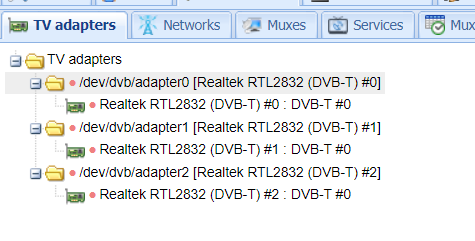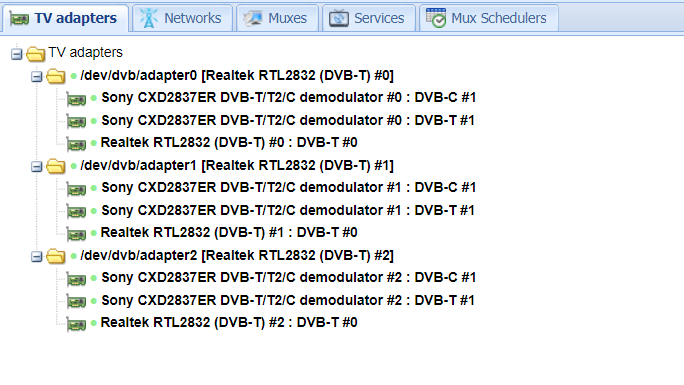Happy to report with the most recent June Kernel update (& Kodi 18.7) I no longer get 25i H264 or mpeg2 - black screens whilst streaming from a TvH server.
Yes same here, never had a sad emoji before with OSMC but first one with 18.7 on 4.9, sadly I have no logs as I did repeated restarts.
An issue without logs when testing software is essentially useless. Even if Kodi is continually crashing to the sad face, logs can easily be obtained from the command line with the grab-logs -A command.
Been getting a lot of sad face errors since the June update. I haven’t so far managed to reproduce one with debug logging turned on, but here are some non-debug logs taken immediately after a crash in case there’s anything useful.
@pkscout are your issues still persisting?
I’m currently wagering with myself on whether to try this kernel version. Using an LG B9 with a Samsung HW-Q90R with a Vero 4K plugged in.
Yep same here. Seems unstable this Kodi 18.7 release.
Kodi crashed when I was simply doing some TV Shows scraping.
Same. Stopped streaming a show (AFL App using widevine) started a new stream and it crashed. Had a bunch of crashes with this build. Never able to reliably reproduce with logging ens=anled.
I can’t say for sure. 10 - 14 days ago I wiped my Vero 4k+ and went back to the 3.x kernel (for some reasons unrelated to the 4.9 testing). But at that point I was still having the issues around audio types. I had worked around it by using an add-on called Audio Profiles (which I am now maintaining).
i also installed it now in fact i wanted HDR10+.
I will test this now. The only thing i saw right now is, that my AVR didn’t show ATMOS after the update, so i checked the Audio Imput Device and i needed to change from Default (HDMI,SPDIF…) to the HDMI only device.
Now the AVR shows Atmos again, just if anyone else runs into the same 
That shouldn’t happen. Can you post some debug logs, please?
Restart, choose default audio, play Atmos track then choose HDMI and play Atmos track again.
Quick question: if I understand correctly OSMC runs a 64-bit kernel with 32-bit user space on vero 4k+ for the production image with the old kernel. Is the situation the same with the new kernel too?
I know there is no 4GB ram to necessitate 64bit and not sure native 64bit user space would have any performance advantage, just asking because you have most probably already though that through. 
No change in user space
I tested it again and now it is playing correct with the default Audio Device. I tried 3 times now. So it was just the fist time, maybe a reboot was needed to save all changes after the update.
I had something along those lines as well, after my first 4.9 install.
And I think quite a few people had it, all posted in this thread.
[edit] my comment was in the closed alpha/beta version I guess, can’t find it anymore.
If you search for audio in this thread, some people talk about the setting changed or after a reboot suddenly works again. [/edit]
what i can say to this,
always i had the problems my avr only shows multi in instead of ATMOS.
The Playback Infos shows me:
Decoder: ff-truehd <-- No ATMOS on AVR
Decoder pt-truehd <-- ATMOS on AVR
So it seems sometimes a different decoder is used.
pt-truehd means passthrough so no decoder at all.
ff-truehd means software decoding which cannot support Atmos - it can only decode to multi-channel.
Hi Sam,
I thought 4.9 resolved the issue of missing tv cards on reboot

After shutdown/switched off and on at wall socket

Hmmm. Can you grab-logs -J for us after after a cold boot then a warm boot.
I also had many crashes with new version especially with watching live TV over my TVHeadend Server. Kodi crashes with sad face, then I see the login shell for 30 seconds or so and then the device is back in Kodi again.
I downgraded before taking logs because I wanted 3D Mvc working again. I will try to reinstall the upgrade again to send some logs if the crashes happen again.